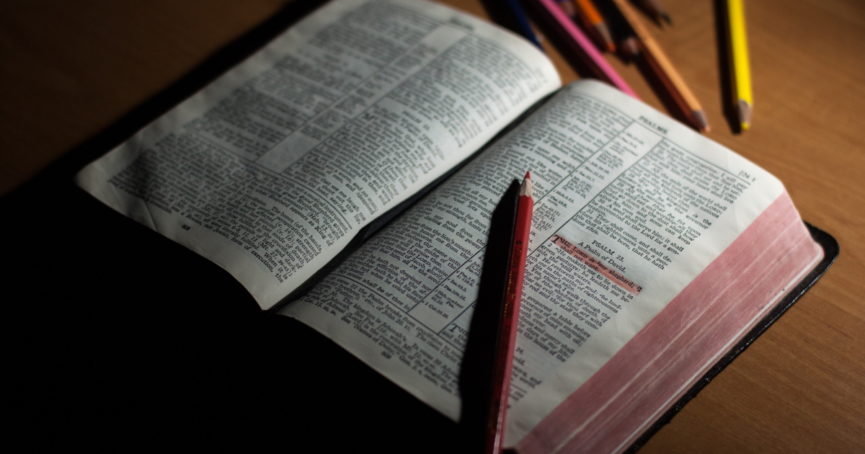Monday Devotional: November 29, 2021

Scripture: Luke 3:1-6
In the fifteenth year of the reign of Emperor Tiberius, when Pontius Pilate was governor of Judea, and Herod was ruler of Galilee, and his brother Philip ruler of the region of Ituraea and Trachonitis, and Lysanias ruler of Abilene, during the high priesthood of Annas and Caiaphas, the word of God came to John son of Zechariah in the wilderness.
He went into all the region around the Jordan, proclaiming a baptism of repentance for the forgiveness of sins, as it is written in the book of the words of the prophet Isaiah.
“The voice of one crying out in the wilderness: ‘Prepare the way of the Lord, make his paths straight. Every valley shall be filled, and every mountain and hill shall be made low, and the crooked shall be made straight, and the rough ways made smooth; and all flesh shall see the salvation of God.’” Luke 3:1-6
This Sunday will be the 2nd Sunday of Advent. Christians all over the world will hear the entrance of John the Baptizer onto the scene from the gospel according to Mark. Here is what Mark wrote:
The beginning of the good news of Jesus Christ, the Son of God. As it is written in the prophet Isaiah, “See, I am sending my messenger ahead of you, who will prepare your way; the voice of one crying out in the wilderness: ‘Prepare the way of the Lord, make his paths straight,’”
John the baptizer appeared in the wilderness, proclaiming a baptism of repentance for the forgiveness of sins.”
I want you to see them side by side, not because one version is “right” and the other “wrong”, but because this gives us an important insight into the intentions of each writer. Given that Luke wrote with a copy of Mark close at hand, we first notice what Mark had to say.
Mark’s key question, “What do we do with a Messiah who dies?” launches with a bold declaration of the “good news” of the identity of Jesus as the Son of God. The word translated “good news” was a technical term for news updates that would have been sent around the Roman empire from the Emperor (who had already proclaimed himself to be the son of god), usually telling of glorious military conquests. For Mark, Jesus will turn the world order upside down.
Luke’s key question, “What about the Gentiles?” begins by naming both the political leaders and the religious leaders in power. This grounds his story, his “orderly account” of Jesus, in history. But Luke adds words from Isaiah that Mark leaves out. “Every valley shall be filled, and every mountain and hill shall be made low, and the crooked shall be made straight, and the rough ways made smooth; and all flesh shall see the salvation of God.” All flesh means all flesh. Luke is radically inclusive in his understanding of the seats at the table in the kingdom of God. Yes, Gentiles, there is plenty of room for you too!
And finally, notice this. Neither writer quotes Isaiah exactly. Both writers use what they need, and choose their words carefully, to tell us what they want us to hear. Here is the passage from Isaiah 40: “In the wilderness prepare the way of the Lord, make straight in the desert a highway for our God. Every valley shall be lifted up, and every mountain and hill be made low; the uneven ground shall become level, and the rough places a plain. Then the glory of the Lord shall be revealed, and all people shall see it together, for the mouth of the Lord has spoken.”
These little clues are subtle but they are how we glean insights into the intentions of the writers. Today, Luke clearly wants us to see that this message from John, and the soon to be launched ministry of Jesus, is for all of us.
Let Us Pray
Dear Lord, we ask that you continue to guide us through this season of Advent. Even as we wait for the good news of the vaccines just around the corner, ground us deeply in the hope that is ours in the good news of Jesus’ love for us and all people. In Jesus’ name. Amen.
